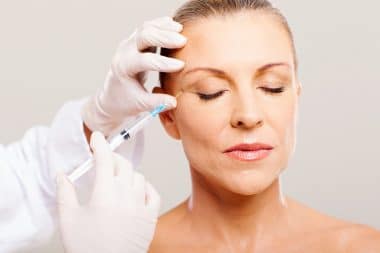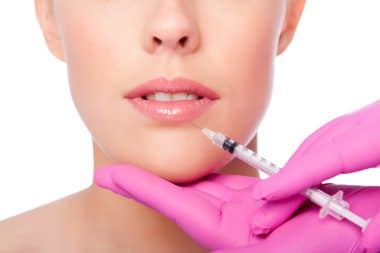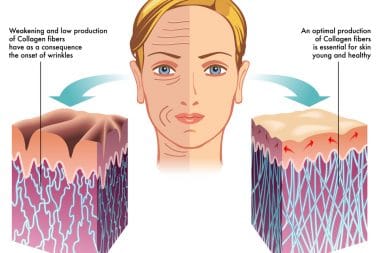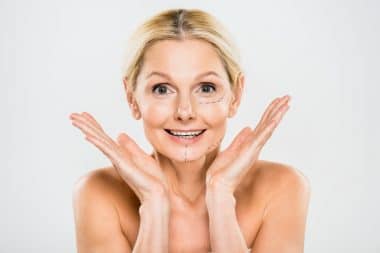When the word ‘botox’ comes to mind, the first thing that often comes to mind are skin treatments. While botox is most famous for use on the skin, it does have a huge range of uses, with Time highlighting 11 of these lesser-known benefits. In a bid to move away from the stereotype of botox being useful only for the skin, advocates across the USA have come together to create and promote a National Botox Cosmetic Day.
Celebrating the Substance
Botox and the protein it is named after, botulinum, has been known about since 1793. However, it’s only since pharmaceutical company Allergan converted the protein into use for clinical settings that it has become the tool it is today. This history is what National Botox Day is all about celebrating; the cosmetic tools it brings, in addition to the further uses of botox. Indeed, botox has had a transformative effect in other areas, including dentistry; a study conducted by the Desh Bhagat Dental College, India, found that botox could be used to manage muscle-generated dental disorders.
Dental Uses
One of the primary disorders that botox can help to control in dentistry is bruxism — grinding of the teeth. Figures reported by the Washington Post estimate that 5-8% of US adults are diagnosed with bruxism, putting the condition on a relatively wide scale. The use of botulinum can help to eradicate this disorder. This paralyzing action is also why botox is an important tool to be used against a wide range of muscle-affected disorders.
Enabling the Muscles
According to the Mayo Clinic, botox injections have been deployed far further than just in cosmetic treatment. They have also been used for cervical dystonia, a condition that causes the neck to contract involuntarily; lazy eye; hyperhidrosis, an over-activity of the sweat gland; and chronic migraine. By applying small doses to muscle groups that cause conditions that can cause pain, discomfort or embarrassment, botox does good work in helping to improve quality of life in a way that’s more than just skin deep. Conditions affecting the bladder and other areas of muscle action can be targeted in the same way.
This beneficial method of delivery that can help to get to the bottom of a wide range of conditions and complaints across the human body is why botox can be so beneficial. Even if botox is used simply for the skin, however, this doesn’t make the use of the treatment vain. In fact, there is plenty of science to back up botox as a genuine agent for mental well-being.
Uplifting Mood
There can be a negative stereotype of botox that it contributes only to self-esteem that is skin-deep. However, regardless of how you feel about the validity of the treatment, there are plenty of studies that show botox and its positive impact can have a real long-lasting impact on self-esteem, and bring about positive mental health change as a result. While anyone going for a medical or clinical treatment needs to ensure that they have weighed up the risks before going, and that they have had a healthy conversation with themselves and their dermatologist, it remains that a jab can improve happiness. According to Vogue UK, who recently explored the link between clinical procedures and mental health, there is plenty of evidence that treatments such as botox can provide important mental resilience to those facing symptoms of adverse mental health due to their appearance.
What’s more, there is emerging evidence to show that botox could go even further. Over 264 million people are estimated to suffer from some form of depression, according to the WHO. Botox may be able to help some of these people.
Botox and Mental Health
While in its early stage of research, there are promising signs that botox injections could help to combat anxiety and depression. According to Elle, micro-targeting of the muscles that are connected to ‘happy’ emotions — such as smiling, and forehead muscles associated with laughing — the body can be psychologically nudged away from the various hormones and processes that are associated with mental health conditions. In this way, botox can be used superficially to make serious, deep-lying change in human bodies and minds. When paired with traditional therapy such as psychotherapy and CBT, this treatment could be a real alternative to the use of anti-depressants, which are an important and powerful tool in the fight against long-term mental health disorders but also come with their own issues.
Next time you see botox, don’t default to thinking it’s only a skin deep process. The toxin and its precise clinical usage can help in several areas, from skin, to teeth, to less physical factors — like psychological well being. Keep an open mind to botox, and consider it a tool to be used just like any other clinical treatment.








Reply